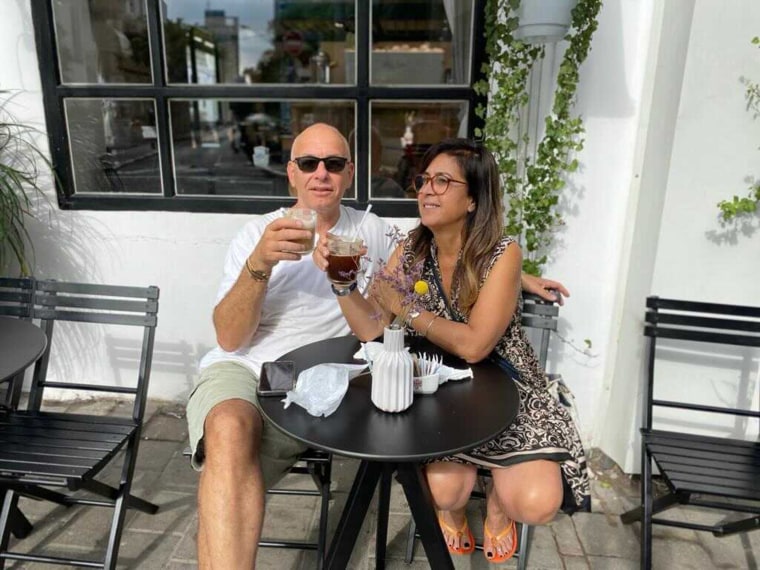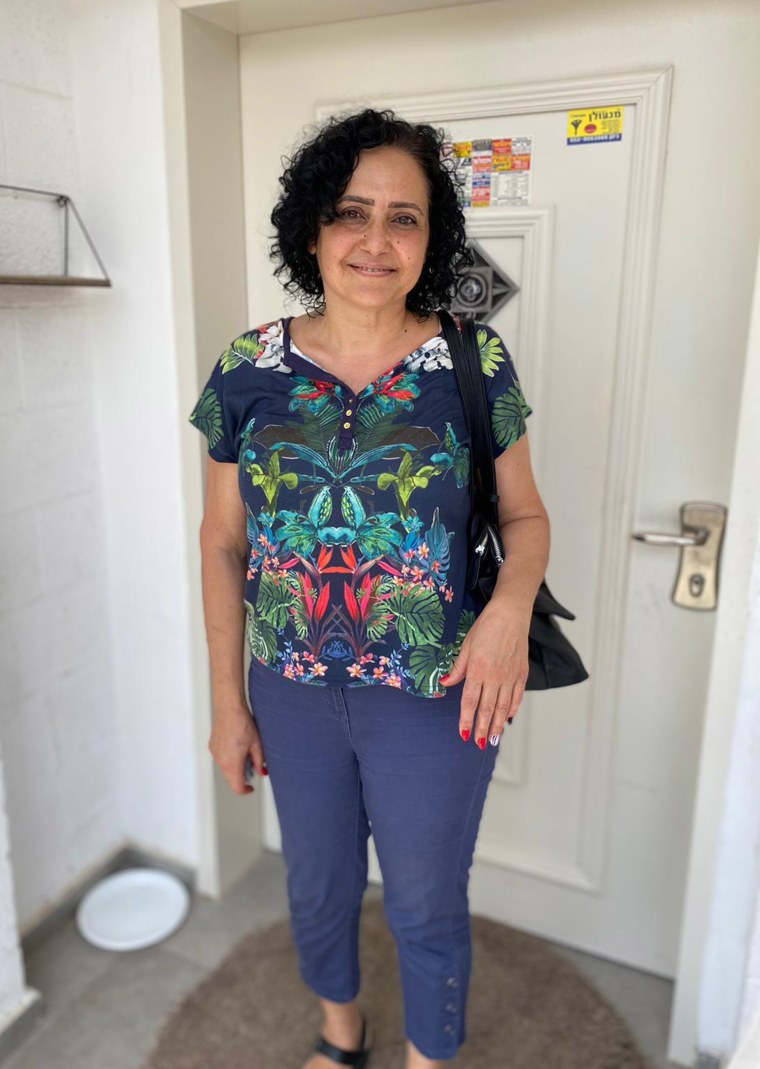TEL AVIV — After almost two weeks of airstrikes and rocket attacks, civilians from Gaza to Tel Aviv awoke Friday to an uneasy calm.
Despite fresh clashes between Palestinians and the Israeli police at Al-Aqsa Mosque compound in Jerusalem, the cease-fire reached after 11 days of intense fighting appeared to hold in its early hours.
But with so many people dead — 243 Palestinians and 12 Israelis, according to officials on both sides — parts of the Gaza Strip in ruins and Israel facing fierce internal divisions, the truce was greeted in the region with a mix of jubilation, relief and skepticism.
Though the exact terms of the cease-fire were unclear, Palestinians rallied by their thousands early Friday to celebrate.
Young men waved Palestinian and Hamas flags, honked horns and set off fireworks. Spontaneous celebrations also broke out across the occupied West Bank and in east Jerusalem — where plans to evict Palestinian families from land claimed by Jewish settlers in the neighborhood of Sheikh Jarrah had helped stoke tensions that ignited the conflict.
"The people are happy now because the war has ended,” Shams Oadeh, 46, a journalist, told NBC News, speaking near one of the many buildings reduced to rubble in Gaza, home to 2 million Palestinians.
“Now, when they wake up and see all this damage and all the blood … all Palestinians are in shock,” he said.
At least 66 Palestinian children were among those killed in Israel's bombardment of the Gaza Strip, according to the Gaza Ministry of Health. Nearly 2,000 people were injured and tens of thousands displaced as the fighting dealt a heavy blow to Gaza's already crumbling infrastructure.
Oadehsaid there could be no long-term “happiness” until the blockade of the tiny impoverished enclave was lifted and its inhabitants given free movement and equal opportunities.
“We are asking now, please, please stand with us because I think it’s enough,” he added.
Hala Al-Sammak, a teenager, said she was keen to get back to regular life, playing soccer and practicing her drums.
The 16-year-old said the Israeli bombardment had "made us so scared — we sleep and we don’t know if we’ll stand up the next day,” she said.
'It’s not going to end'
Israeli Prime Minister Benjamin Netanyahu quickly came under heavy criticism from his nationalist base for agreeing to end the military campaign.
Gideon Saar, a former ally who now leads a small party opposed to Netanyahu, called the cease-fire “embarrassing.” Itamar Ben Gvir, head of the far-right Jewish Power party, said it was “a grave surrender to terrorism and the dictates of Hamas.”
In a speech Friday, Netanyahu said Israel had done “daring and new things, and this without being dragged into unnecessary adventures.” He added that Israeli forces had caused “maximum damage to Hamas with a minimum of casualties in Israel.”
In Washington, President Joe Biden said Thursday that he sees a "genuine opportunity" to move toward a peaceful long-term solution to the conflict.
But on the streets of Tel Aviv — Israel's bustling metropolis — there was less optimism.
None of the commuters, early morning dog walkers or those sipping coffee on the city's leafy boulevards thought this would be the last of the violence between Gaza and Israel, though all were at least thankful for the respite.
Tal Mizrahi, a trainee trader who was on her way to work, said she was particularly relieved for family and friends living in the south of the country who were more at risk from the rocket fire that had been sent streaming across the border from Gaza throughout the latest flare-up.
“I don’t like the fact that we’re in this fight” Mizrahi, 25, said. “I’m absolutely relieved.”
She said she had followed more news in the past 11 days than she had in years.
“I think this was the first time for me that this reality hit me — how scary all this can get,” she said, adding that she doesn’t expect the cease-fire to herald the end of the broader Israeli-Palestinian conflict.
“On a personal level, we are relieved, because it’s much more comfortable to be able to sit quietly here and drink coffee and go to the beach,” said Guy Olamy, 56, who was sitting outside a café in the city center.
He said he wanted the conflict to come to an end permanently, but wasn't hopeful.
“Apparently there is no way to stop it completely," he said. "The Middle East is like a dead end."

Mosheh Cohen, a lifeguard at a Tel Aviv hotel, said he was less worried about the rockets fired from Gaza, and more about the lasting impact of the latest round of violence on coexistence between Jewish Israelis and Palestinian citizens of Israel.
He said the trust had been eroded, particularly after the communal unrest that had swept across the country.
“Before we lived in peace, working together, but now after people in Gaza started bombing Israel, they’ve taken sides with them,” Cohen, 49, said. “I feel scared, insecure.”
In nearby Lod, a mixed-ethnicity city that was the scene of some of the worst violence between rival Arab and Jewish mobs, Abla Dandees, 60, said she had mixed feelings about the cease-fire.

“I would be happy if the people of Gaza actually got what they were asking for,” the retired schoolteacher said.
“But at the same time, I would be sad for the people of Gaza, all the lives that were taken, all the people that were killed.”
Dandees, like many Palestinians, has family in Gaza and is worried for their well being. She says she believes they are now physically safe, but likely face lasting trauma.
“Mentally, I’m having a really hard time with all the things that are happening to the people of Gaza. I will never forget what happened to them," she said.
"Even with a cease-fire, that doesn’t make us forget the people that were killed.”
